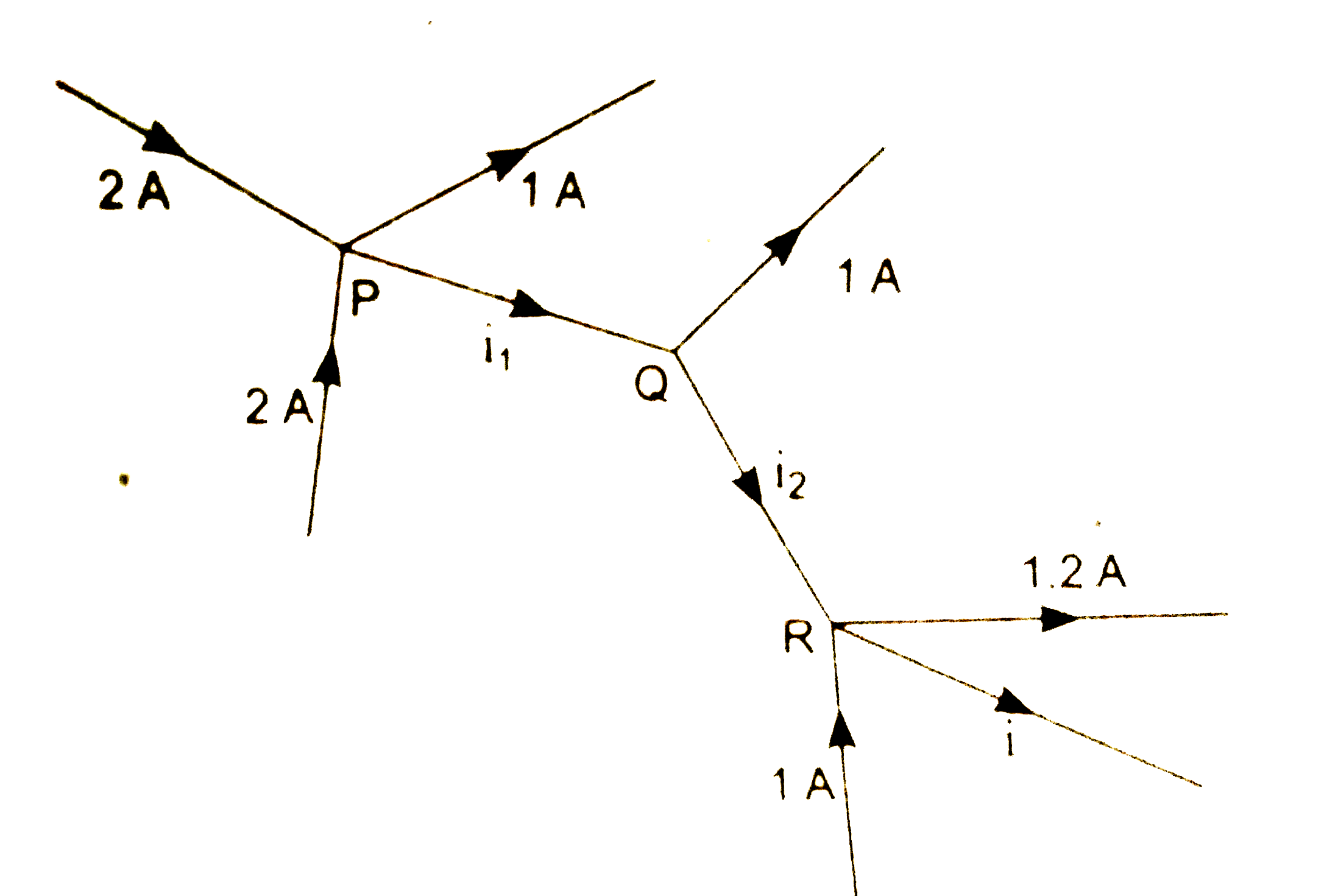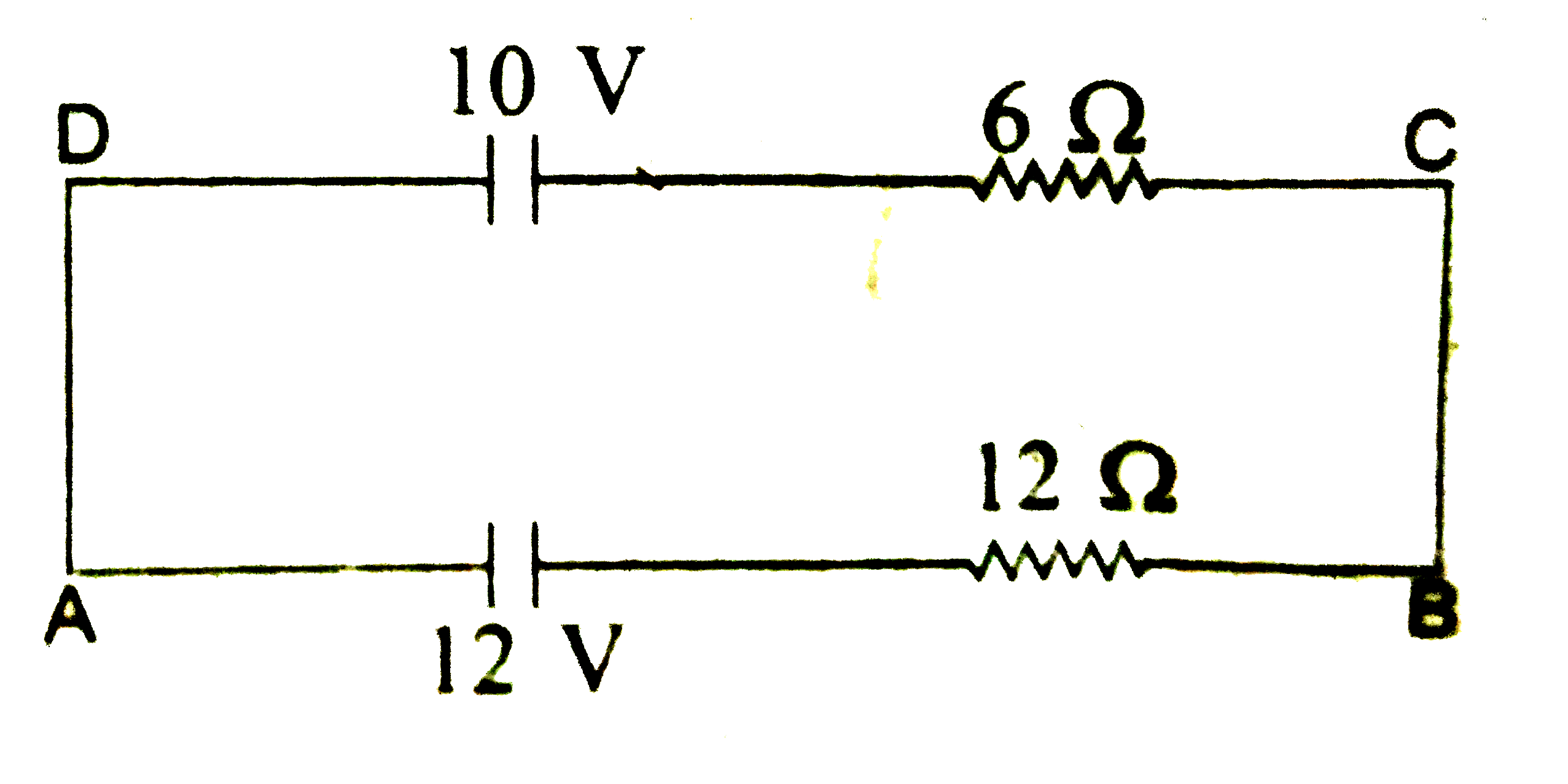Read the given sources and answer the question which follows:
"Tomorrow we shall break the salt tax law"
On 5 April 1930, Mahatma Gandhi spoke at Dandi:
When I left Sabarmati with my companions for this seaside hamlet of Dandi, I was not certain in my mind that we would be allowed to reach this place. Even while I was at Sabarmati there was a rumour that I might be arrested. I had thought that the Government might perhaps let my party come as far as Dandi, but not me certainly.If someone says that this betrays imperfect faith on my part, I shall not deny the charge. That I have reached here is in no small measure due to the power of peace and non-violence: that power is universally felt.
The Government may, if it wishes, congratulate itself on acting as it has done, for it could have arrested every one of us. In saying that it did not have the courage to arrest this army of peace, we praise it. It felt ashamed to arrest such an army. He is a civilised man who feels ashamed to do anything which his neighbours would disapprove. The Government deserves to be congratulated on not arresting us, even if it desisted only from fear of world opinion. Tomorrow we shall break the salt tax law. Whether the Government will tolerate that is a different question. It may not tolerate it, but it deserves congratulations on the patience and forbearance it has displayed in regard to this party....
What if I and all the eminent leaders in Gujarat and in the rest of the country are arrested? This movement is based on the faith that when a whole nation is roused and on the march no leader is necessary. (WMG, Vol. 49)
How did Gandhiji break the salt law? How did Gandhiji observe the colonial state?
On April 5, 1930, Gandhiji reached Dandi, on the seacoast. Here, he made a fistful of salt from the sea water and broke the salt law. He observed the colonial state as civilised, as one who would not do anything wrong.
Topper's Solved these Questions
- MAHATMA GANDHI AND THE NATIONALIST MOVEMENT CIVIL DISOBEDIENCE AND BEYOND BOOK - FULL MARKSCHAPTER - MAHATMA GANDHI AND THE NATIONALIST MOVEMENT CIVIL DISOBEDIENCE AND BEYOND EXERCISE - ADDITIONAL QUESTIONS SOLVED (V. Project Work)
1 Videos
- MAHATMA GANDHI AND THE NATIONALIST MOVEMENT CIVIL DISOBEDIENCE AND BEYOND BOOK - FULL MARKSCHAPTER - MAHATMA GANDHI AND THE NATIONALIST MOVEMENT CIVIL DISOBEDIENCE AND BEYOND EXERCISE - PREVIOUS YEARS BOARD QUESTIONS SOLVED
23 Videos
- MAHATMA GANDHI AND THE NATIONALIST MOVEMENT CIVIL DISOBEDIENCE AND BEYOND BOOK - FULL MARKSCHAPTER - MAHATMA GANDHI AND THE NATIONALIST MOVEMENT CIVIL DISOBEDIENCE AND BEYOND EXERCISE - ADDITIONAL QUESTIONS SOLVED (III. Long Answer Type Questions)
9 Videos
- KINSHIP, CASTE AND CLASS EARLY SOCIETIES BOOK - FULL MARKSCHAPTER - KINSHIP, CASTE AND CLASS EARLY SOCIETIES EXERCISE - PREVIOUS YEARS BOARD QUESTIONS SOLVED
29 Videos
- PEASANTS, ZAMINDARS AND THE STATE BOOK - FULL MARKSCHAPTER - PEASANTS, ZAMINDARS AND THE STATE EXERCISE - Previous years board questions solved
24 Videos
Similar Questions
Dr. Rajendra Prasad, who became the first President of India, was the companion of Mahatma Gandhi. Read out his biography and develop a projection on his entire life.
View SolutionMention any two rumours spread by the people regarding the miraculous powers of Gandhiji.
View SolutionMention the nature of Civil Disobedience Movement. Discuss its spread in all parts of the country along with its failures.
View SolutionMention any two ideal occupations of Brahmanas according to Dharmashastra.
View SolutionExplain why Ain-i Akbari remains important even today.
View Solutionडार्विन के जैव-विकास के सिद्धांत में सबसे बड़ी कमी किस चीज की जानकारी न होना थी?
View Solutionजीवन की उत्पत्ति के समय स्वतंत्र अवस्था में नहीं पायी जाती थी-
View Solutionप्राकृतिक चयन सिद्धांत का प्रतिपादन किया था-
View Solutionभोपाल गैस त्रासदी किस गैस के कारण हुई थी ?
View Solutionदिए गए परिपथ में धारा I का मान ज्ञात कीजिये ?

View Solutionदिए गये विघुत परिपथ की सहायता से ज्ञात कीजिए
- (i) परिपथ में धारा , तथा
(ii) बिन्दु A तथा B के बीच विभवान्तर ।

View Solutionएक अनन्त लम्बे चालक में i ऐम्पियर की एक धारा बह रही ही। चालक के अक्ष में किसी बिन्दु पर चुम्बकीय क्षेत्र की तीव्रता कितनी होगी?
View Solutionजब धारामापी के साथ 4Ω का शन्ट लगाया जाता है तो विक्षेप 1/5 गुना रह जाता है। यदि इस धारामापी के साथ 2Ω का शन्ट और लगाया जाये तो विक्षेप कितना रह जायेगा?
View Solutionपृथ्वी तल के किसी निश्चित स्थान पर पृथ्वी के चुम्बकीय क्षेत्र का ऊर्ध्वाधर घटक, क्षैतिज घटक का √3 गुना है | इस स्थान पर नति कोण है -
View Solutionएक रेखिक समीकरण दी गई है । दो चरो में एक ऐसी और रेखिक समीकरण लिखिए ताकि प्राप्त युग्म का ज्यामितीय निरूपण जैसा कि:
(i)प्रतिच्छेद करती रेखाए हो।
(ii) समान्तर रेखाए हो।
(iii) सम्पती रेखाए हो|
View Solutionसमस्याओ में रैखिक समीकरणो के युग्म बनाइए और अनके हल ( यदि उनका अस्तित्व हो ) किसी बीजगणितीय विधि से ज्ञात कीजिए :
यश ने एक टेस्ट में 40 अंक अर्जिक किये, जब उसे प्रत्येक सही उत्तर पर 3 अंक मिले तथा अशुध्द उत्तर पर 1 अंक की कटौती की गई । यदि उसे सही उत्तर पर 4 अंक मिलते तथा अशुध्द उत्तर पर 2 अंक कटते , तो यश 50 अंक अर्जिक करता । टेस्ट में किनते प्रश्न थे ?
View Solution
